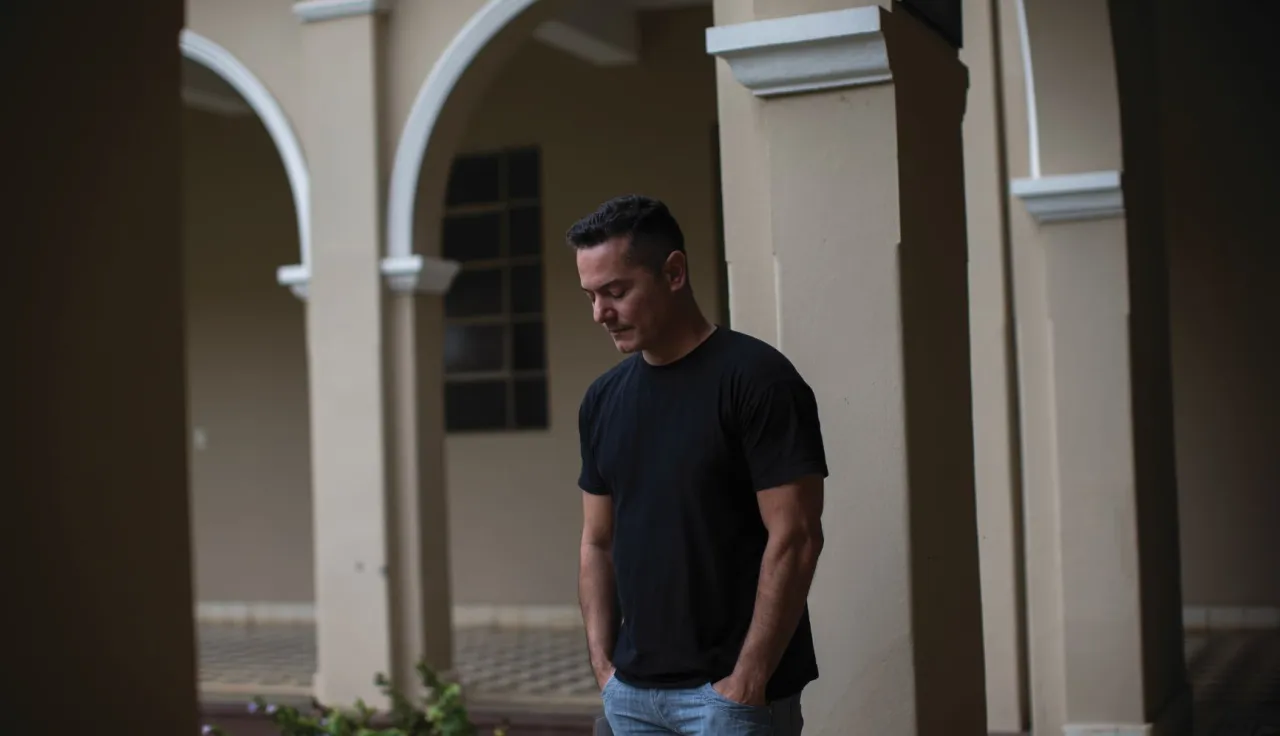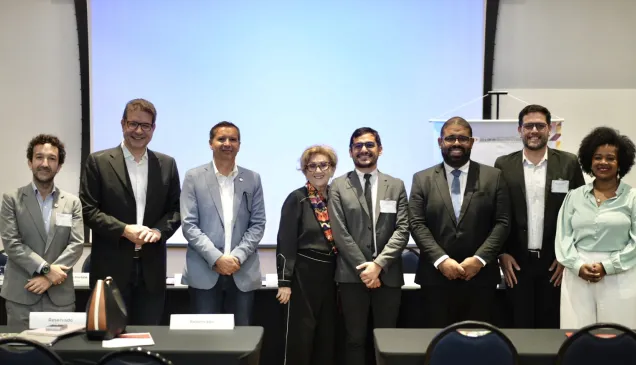Brasília (ICRC) – The International Committee of the Red Cross (ICRC) releases on Tuesday (6) the report "Still? This is The Word That Hurts The Most", with an in-depth assessment of the multiple needs of family members of missing persons in the state of São Paulo. The document presents the complexity of the phenomenon of disappearance of people in Brazil and makes a series of recommendations to authorities responsible for promoting adequate responses to these needs.
"With this report, we seek to go deeper and synthesize the main needs of those looking for a family member who has disappeared," head of the ICRC's Regional Delegation for Argentina, Brazil, Chile, Paraguay and Uruguay, Alexandre Formisano, explains. "In addition to struggling to find an answer to what happened, these families start to have needs in many other areas of their lives. Disappearance has psychological, financial, legal, safety and also physical health consequences. It is important that these families have the support of the authorities and society and that is why this report brings a series of recommendations."
The disappearance of people is a broad global problem, heterogeneous and with few statistics. In Brazil, the records became part of the Brazilian Yearbook of Public Security, of the Brazilian Public Security Forum (FBSP) since 2017 and have been recording an average of approximately 80,000 police reports on this problem each year.
In the report, the ICRC makes recommendations based on the need and right to know the whereabouts of the missing loved one, physical and psychosocial health care, recognition, equal treatment and justice, legal, administrative and financial needs. Although in Brazil there are a variety of institutions and organizations that work with the theme.
"The disappearance of people in Brazil and in the world is a reality of many pieces and they are still more dispersed than would be desirable. There are many authorities with an important role to play, and there are also several bridges to be built between them, between authorities and civil society, and among families and services and groups that can support them", Larissa Leite assesses, coordinator of the ICRC's Missing Persons and their Families Program in Brazil. "Each of these pieces matters. The closer these pieces can be, the greater the chances of locating whoever disappeared and reducing the suffering of family members during the search," Protection coordinator Rita Palombo adds, who highlights the impact of the problem on society as a whole.
For Francisca Ribeiro dos Santos, who has been searching for her son Hugo since 2007, the report summarizes the needs of both her and other families and presents practical recommendations that could have avoided the suffering of the first years of searching, when she still lacked basic information. "What you did was to deliver in our hands a booklet on learning. I simply classify this book as a gift, because everywhere I went, in every door I knocked, I didn't find anything like it. You showed the right door that we can knock at," she said.
The Report
For this study, the ICRC focused on the state with the highest number of cases, São Paulo, according to data from Public Security Yearbooks. Another piece of information highlighted from a study carried out by FBSP in association with the Program for the Location and Identification of Missing Persons of São Paulo's Prosecutor's Office (PLID-SP),of 23,726 police reports registered in São Paulo in 2017, it was found that 60% of people registered as missing were men and 40% women. The age groups that most concentrated these cases were 14 to 19 years old (5,394), followed by 30 to 39 years old (4,389), and 20 to 29 (4,252).
The ICRC has constantly and closely monitored, with group and individual interviews, a group of 27 family members of missing persons in order to delve into these cases and understand their needs. 18 civil servants with experience in dealing with cases of disappearances and 6 leaders and employees of associations of family members of missing persons were also interviewed.
For the ICRC, the reality of family members of those who disappear is the key to guiding actions related to the disappearance. They are the ones who know, in most cases, the essential facts for the search, those who suffer the consequences of absence, and therefore, those who can speak better about their needs. For this reason, the ICRC emphasizes the importance of family members' participation in the entire process of seeking solutions and improvements in the system to deal with the problem of disappearances.
The analysis of the International Committee of the Red Cross is that the reality is complex, the access doors that family members need to close on their own are many and still need to be better coordinated. Their needs are still neglected, but the experiences that already exist in São Paulo fortunately point to good paths, based on which we consider it very feasible to implement the report recommendations.
About the Assessment of Needs: In designing and implementing a program dedicated to missing persons and their families, the ICRC begins by carrying out an assessment of the needs of families looking for their missing loved ones. The ICRC has been carrying out this thorough work in countries such as Mexico, Colombia, Peru, Sri Lanka, South Africa, Iraq, among other countries. This allows us to hear from the families what they need and define the institution priorities based on these specific needs, guiding our program to their context.
Download the full report here.
NOTES TO EDITORS:
- Access the full report "Still? This is The Word That Hurts The Most" here;
- The ICRC can suggest family members who participated in the assessment of needs to give interviews;
- The coordinator of the Missing Persons and their Families program, Larissa Leite, is available for interviews.
For further information, please contact:
Diogo Alcântara, CICV Brasília, +55 (61) 98248-7600, dalcantara@icrc.org
Sandra Lefcovich, CICV Brasília, +55 (61) 98175-1599, slefcovich@icrc.org




